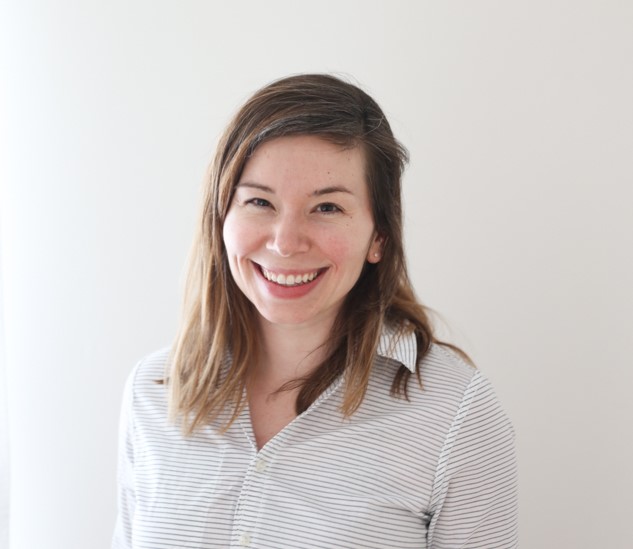Why Cobb chooses open: affordability, relevance, and equity

The interview series “Why We Choose Open: OER Stories” invites VCU community members to share why they use, adapt or create Open Educational Resources (OER) and what impact that work has on their students, teaching experiences, and/or career.
Faculty: Caroline Cobb, Ph.D., College of Humanities and Sciences, Department of Psychology
Resource: Biological Basis of Behavior, an OER textbook giving an overview of the study of human behavior through a biological lens. Funded by a 2022 Affordable Course Content Award
Estimated annual student savings: $3,980
Average number of VCU students impacted annually: 20
Briefly describe your project.
My goal with this project was to create a customized textbook using already available open educational resources and other materials geared toward psychology graduate students. More specifically, I wanted to eliminate textbook costs, ensure material was relevant for graduate students across clinical, counseling, developmental, health, and social psychology programs, and to integrate content that highlights scientist diversity and attends to diversity, equity and inclusion.
What motivated you to make the switch to open and affordable course content?
There were a few reasons, but one of the primary ones was feedback from current students regarding the high cost of the textbook that I initially used. I also noticed that I only assigned about half of the textbook content, as there were important gaps that required supplemental materials for almost every module to ensure my course objectives were met. I was more than a little intimidated by the idea of creating my own content/resource but knowing I would be supported by the VCU Libraries OER experts solidified my plan to switch to OER and apply for this funding opportunity!
How were students impacted by the new materials? How does the impact on graduate students differ from undergrads?
So far the feedback from two semesters of OER use has been overwhelmingly positive! Importantly, students appear to be satisfied with the quality of the textbook and the incorporation of underrepresented perspectives and attention to diversity, equity, and inclusion in the materials. As I have yet to use OER in the undergraduate classroom, I have a hard time making comparisons, but I can say the financial impact has been important for graduate students.
How have you been impacted by your use of OER?
Being a part of the OER faculty community at VCU has been eye-opening for me. I did not realize how much information was freely available and how many college courses are leaning into this space. This project has taught me how to navigate multiple online repositories, collaborate with other faculty to reach consensus on textbook content (shoutout to Drs. Chester, Dautovich, Keeley and Lozada!), and consider how to share my materials more effectively. I hope to influence more faculty in my unit and others to make the shift to OER.
What functionality has OER brought to your resource or course that was missing prior to the switch?
My OER textbook has so many benefits over the previous iteration so this is a hard question. With the help of the fantastic team of librarians and student employees at VCU Libraries, I now can offer an online PressBooks version of my OER textbook that allows students to easily navigate each module and access outside course content/materials with a simple click. This accessibility should make engaging with the course content and linked assignments more seamless for students.
Thanks to the training I received from the VCU Libraries Affordable Course Content Awards program, I am also excited to initiate a new feature to one of my assignments that will ask students to submit their work to one of several OER repositories (i.e., a renewable assignment). I can’t wait to see how this change impacts the student experience and contributes to the scope of valuable and accessible scholarship.
Do you have any guidance for other faculty considering the switch to open and affordable course content?
Just consider it! And talk to VCU’s Open and Affordable Course Content Initiative staff. They are more than helpful and super encouraging. I guarantee you will be surprised by how much material is already available in your area. In my experience, remixing existing materials is a great way to get started.
Learn more about OER in the VCU Community
Open Educational Resources (OER) are teaching and learning materials that are free to access online and shared with open licenses that allow for unrestricted use, retention, sharing and editing by faculty and students. OER can be any type of teaching or learning materials, including textbooks, images, videos, slide decks, assessments, syllabi, and whole courses.
VCU Libraries’ Open and Affordable Course Content Initiative provides education on textbook affordability and direct support for the adoption, customization and creation of open educational resources, including managing the Affordable Course Content Awards. To learn more or explore the possibility of using or creating OER, visit the initiative’s website or contact Open Educational Resources Librarian Abbey Childs at [email protected].
Tagged OER Stories, Open Textbooks, Why We Choose Open